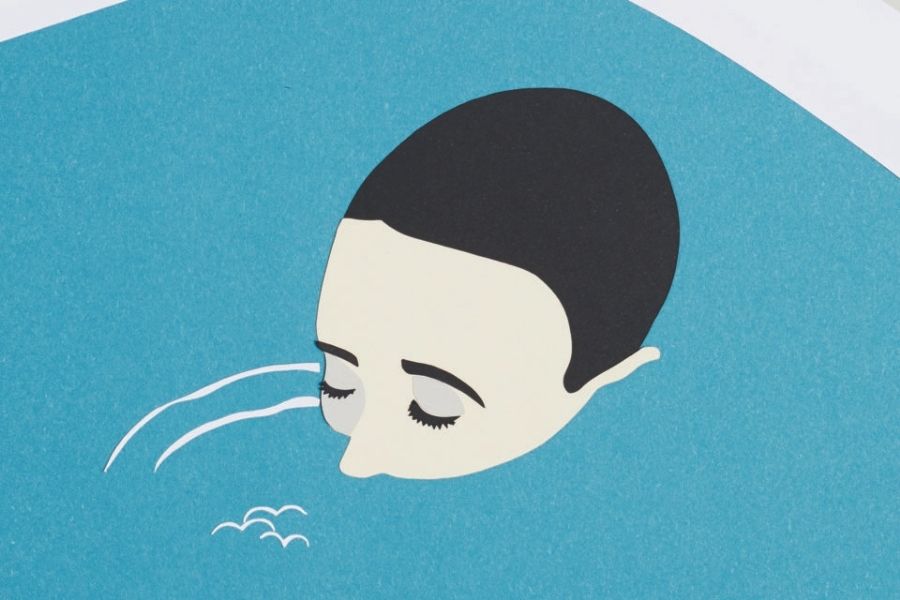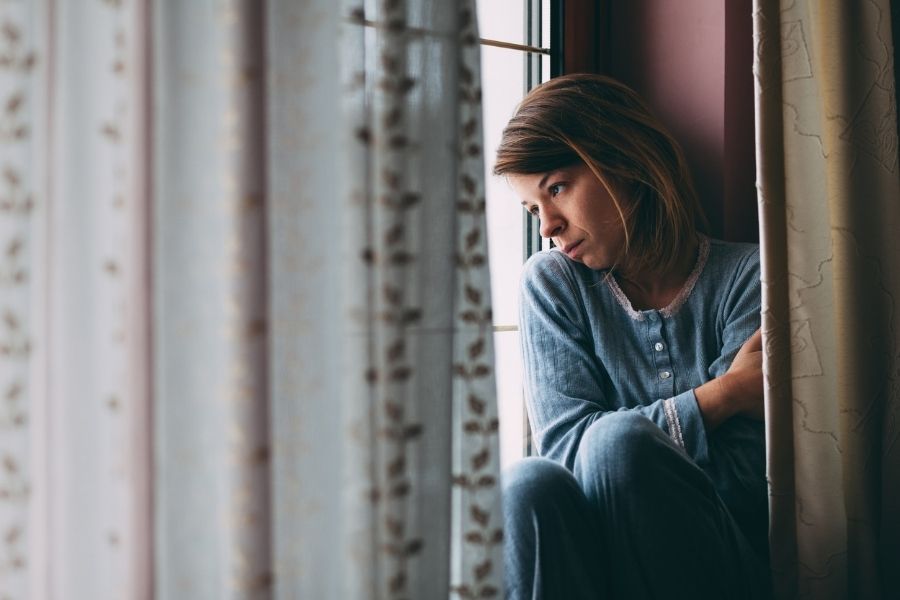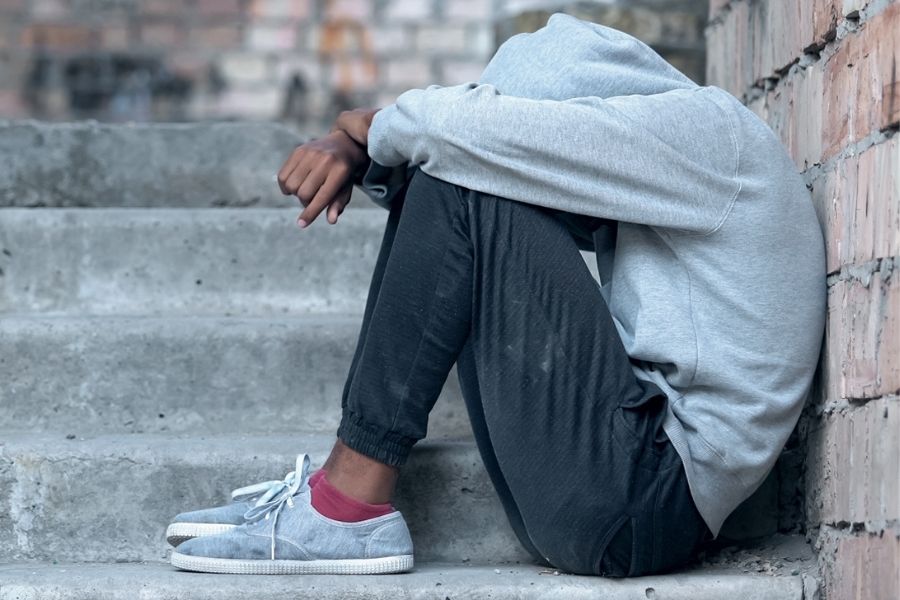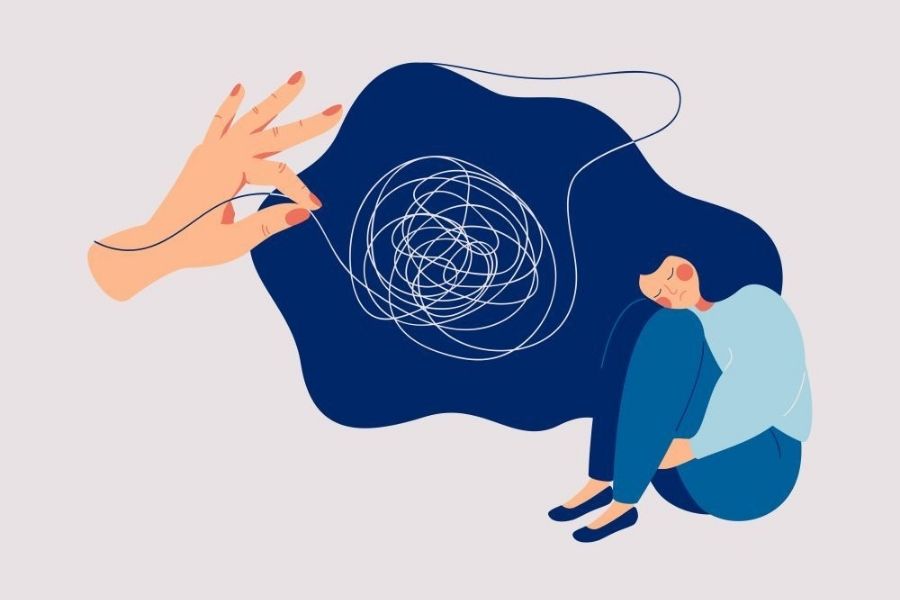Have you felt the sudden rush of negativity, loneliness, unhappiness, demotivation, etc., and going through difficult times? You all must be thinking about what I am writing down. I am talking about depression. So, what do you know about depression?
Depression is a mental state where the mind spirals down into uncertainty, negativity, etc., leading to many health problems. When this happens, you must share your difficulty with one person who can keep it only in between the two, because of which we can count down our stress, anxiety, and tension, which ultimately results in depression.
Know About Depression

Sometimes, the most lonely person tries to keep everyone happy. Depression is a mood disorder described as a feeling of sadness, loss, or anger interfering with a person’s everyday activities.
People experience depression in different ways. It may interfere with their daily work, resulting in lower productivity. It also influences relationships and some chronic health conditions.
Depression can worsen these conditions
- Arthritis
- Asthma
- Cardiovascular disease
- Cancer
- Diabetes
- Obesity
Depression Symptoms

One can know about depression by looking at the symptoms. Depression can be a constant state of sadness or feeling “Blues.” Major depression can cause many symptoms. The symptoms can extend beyond your mind. Some affect your mood, and others impact your body. Symptoms may come and go or remain ongoing.
The depression symptoms may differ among women, men and children.
- Mood: anger, aggressiveness, irritability, anxiousness, restlessness
- Emotional well-being: empty, sad, hopelessness
- Behavior: loss of interest, unable to feel pleasure in favorite activities, feeling tired quickly, suicide thoughts, excessive drinking, using drugs, engaging in high-risk activities
- Sexual interest: reduced sexual desire, lack of sexual performance
- Cognitive abilities: inability to concentrate, difficulty completing tasks, delayed responses during conversations
- Sleep pattern: insomnia, restlessness, oversleeping, not sleeping through the night, feeling drowsy
- Physical well-being: fatigue, pains, headaches, digestive problems
Women may experience through following symptoms:
- Mood: irritability
- Emotional well-being: feeling sad or empty, anxious, hopelessness
- Sleep patterns: difficulty sleeping through the night, waking early, oversleeping
- Cognitive abilities: thinking or talking more slowly
- Behavior: loss of interest in favorite activities, withdrawing from social engagement, suicide thoughts
- Physical well being: decreased energy, fatigue, pain, headaches, increased cramps
Children may experience the following symptoms:
- Mood: irritability, anger, mood swings, crying
- Emotional well-being: feelings of incompetence (e.g., I can’t do anything right), despair, crying, intense sadness
- Behavior: getting into trouble at school, refusing to go to school, avoiding friends or siblings, death or suicide thoughts
- Cognitive abilities: difficulty concentrating decline in school performance, changes in grades
- Sleep patterns: difficulty in sleeping or oversleeping
- Physical well-being: loss of energy, digestive problems, changes in appetite, weight loss, or gain
Depression Causes

There are several possible causes of depression. They can range from biological to circumstantial:
- Family history
- Early childhood trauma: some events the way your body reacts to fear and stressful situations
- Brain structure: there is a greater risk for depression if your brain’s frontal lobe is less active. However, scientists are not sure if this happens before or after the onset of depression symptoms.
- Medical condition: certain conditions may put you at higher risk, such as chronic illness, insomnia, chronic pain, or attention deficit hyperactivity disorder (ADHD).
- Drug use: drug or alcohol misuse can be a cause of depression.
Depression Tests

Generally, a series of questions are asked based on your symptoms and a psychological evaluation. They are as follows:
- Moods
- Appetite
- Sleep pattern
- Activity level
- Thoughts
If left untreated, complications can include:
- Weight gain
- Physical pain
- Substance use problems
- Panic attacks
- Relationship problems
- Social isolation
- Thoughts of suicide
- Self-harm
Types Of Depression

Depression is categorized depending on the symptoms’ severity. Some people experience mild, temporary episodes, while others experience severe and ongoing depressive episodes. There are two main types:
Major Depressive Disorder
- Feeling depressed
- Loss of interest
- Significant weight loss/weight gain
- Oversleeping or unable to sleep
- Slowed thinking or movement
- Fatigue or low energy most days
- Feelings of worthlessness or guilt
- Loss of concentration or indecisiveness
- Recurring thoughts of death or suicide
Persistent Depressive Disorder
It is also called Dysthymia. It’s a milder but chronic depression form. It is common for people with PDD to:
- Loss of interest in normal daily activities
- Feeling hopeless
- Lack productivity
- Have low self-esteem
Treatment For Depression

Surviving depression can be difficult, but treatments can help improve your quality of life. Once you know about depression’s causes and symptoms, it can be treated successfully, but it’s essential to stick to your treatment plan. Talk to your health care providers about options like diet, medications, psychotherapy, exercise.
Read Also: 11 Lifestyle Changes To Fight Depression







